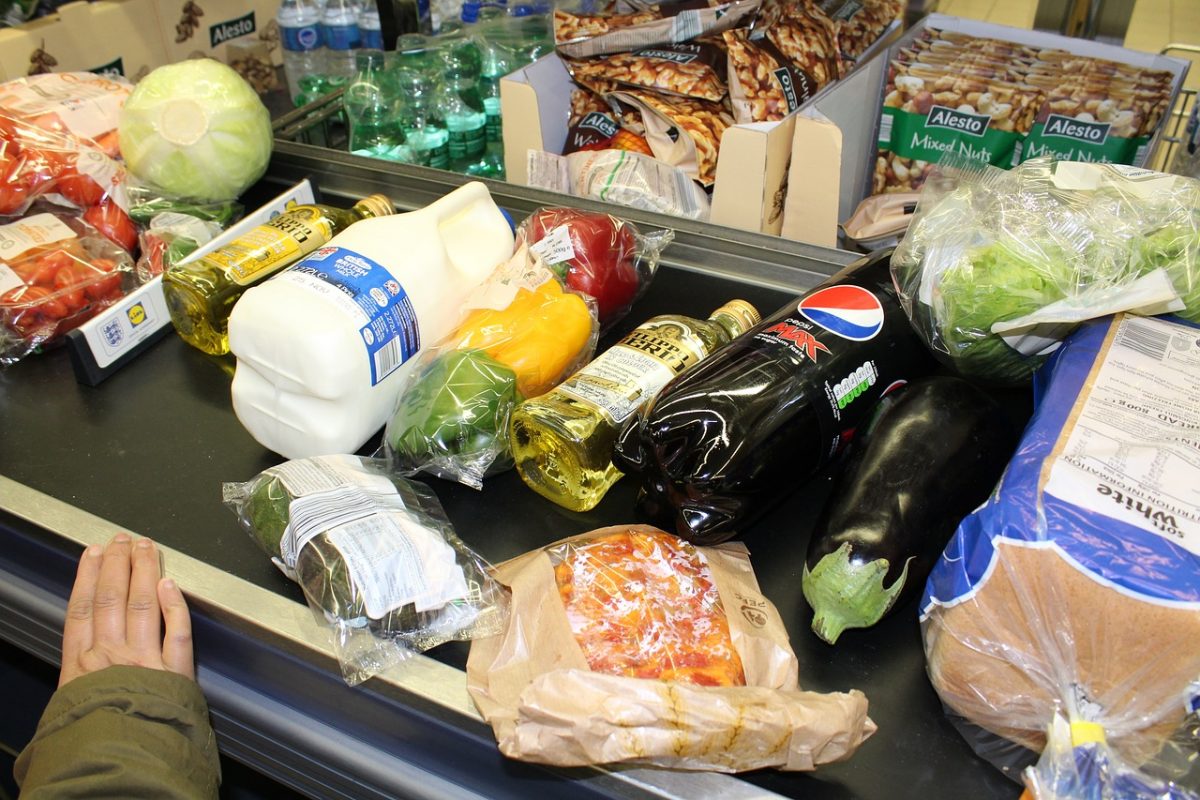On December 24 , 1986, the Consumer Protection Act was enacted to protect consumer rights. The Act highlights the importance of the consumers, spreads awareness among buyers about their rights and responsibilities, stops the manufacturers from gaining undue advantage by setting up proper consumer councils and committees to settle disputes arising due to unsatisfactory services, defective goods or any unfair marketing technique.
Since the enactment, every year on December 24, National Consumers Day is celebrated while on March 15, World National Consumer Day is celebrated. In India, “Jaago Grahak Jaago” campaign begun to spread the information about the Act among local public. This year the theme of the Day is “the Sustainable Consumer” which seeks to ensure that during international crisis and global warming, how can the consumer be empowered to remain a potential buyer. The six basic rights of a consumer which ensure this are:
- Right to Safety: It applies to healthcare, pharmaceuticals and food processing. According to the Act it is the “right to be protected against marketing of goods and services which are hazardous to life and property”.


- Right to be Informed: Defined as “the right to be informed about the quality, quantity, potency, purity, standard and price of goods or services, as the case may be so as to protect the consumer against unfair trade practices”. This means any product must have a standard labelling format informing the buyer about the cost, quantity, ingredients, instructions to use, safety hazards, etc related to the product.
- Right to Choose: As a consumer you have “the right to be assured, wherever possible, to have access to a variety of goods and services at competitive prices”. India faces a crisis of monopoly in the market. We tend to choose a particular product due to marketing or word of mouth without thinking about what fits our needs. Among companies selling similar products, this leads to an unhealthy competition and monopoly, hence reducing the consumer’s bargaining power by limiting their options.


- Right to be Heard: It refers to the “ right to be heard and to be assured that consumer's interests will receive due consideration at appropriate forums”. This is rather empowering because it means irrespective of the status of the company, the consumer can not only file a complaint but it is the company’s responsibility to take suitable action.
- Right to Consumer Education: Considered as the last right by the consumer Protection Act, this ensures that consumers are fully aware of what they are buying. It includes awareness campaigns, basic formal education to understand the product better, running consumer NGOs, seminars on national level addressing consumer’s frequently asked questions, etc.
In 2019, the Act has been updated to include Central Consumer Protection Authority (CCPA), the ease to file a complaint where the complainant resides (previously it had be filed where the seller’s office is located), provision to seek compensation if any harm is caused by a product or a service (either no compensation or provision to transfer the case in a civil court was given).
The amount of pecuniary jurisdiction raised from:
- 20 Lac to 1 Crore [District],
- 20 Lac upto 1 Crore to 1 Crore upto 10 Crore [State],
- above 10 Crore to above 10 Crore [National].


If you are a citizen of India who wants to know more about consumer rights and methods to file a complaint you can refer to the official government website. As a consumer, it is our collective responsibility to not let monopoly or clever tactics dupe us of the hard-earned money and promote business that are just and fair to their customers.






